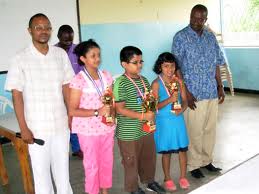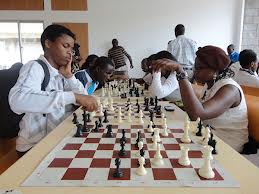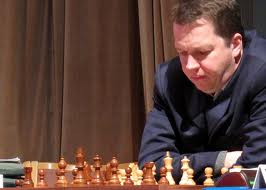Dr. Augustino Hellar of Jhpiego conducting male circumcision
By
Nasser Kigwangallah, recently in Dodoma
MALE
circumcision has been proven to prevent female-to-male infection with the human
immunodeficiency virus (HIV).
The theory that male circumcision may be
protective against HIV infection was invented and developed first in North
America and practiced in Africa.
This was revealed by Dr. Augustino Hellar, of Jhpiego
in his paper presented at a two day conference of Tanzania Parliamentarians
Aids Coalition (TAPAC) in Dodoma on Sunday last week.
According to Dr. Augustino Hellar, removing the
foreskin can prevent HIV infection by at least half.
He said those who advocate of male circumcision, have
further promoted male circumcision as a way of fighting the pandemic.
“Countries that have been practicing male
circumcision have low rate of HIV/AIDS infection as compared to those countries
that do not practice the norm,” he said.
He said numerous observational studies were
carried out in Africa.
Circumcision advocates conducted randomized
controlled trials (RCTs) in Africa.
Three RCTs to study the value of male circumcision
in reducing HIV infection have been conducted in Africa.
The studies were intended to find out if
circumcision is an effective intervention to prevent female-to-male HIV
infection.
A RCT was carried out in Orange Farm, South
Africa; a RCT was carried out in Kenya and a RCT was carried out in Uganda.
All three studies found that non-circumcised males
contract HIV infection more quickly than circumcised males.
All three studies were terminated early, before
the incidence of infection in circumcised males caught up with the incidence of
infection in the non-circumcised males.
He said: “National strategy for scaling up male
circumcisionfor HIV prevention started in Tanzania since 2009 by starting with
Iringa, Mbeya and Kagera regions,” he added.
According to him, the strategy intended to be
conducted in eight regions, now there are 12 regions conducting male
circumcision namely;
Mara,Rukwa,Iringa,Tabora,Mbeya,Mwanza,Kagera and
Shinyanga regions.
The World Health Organisation (WHO) recommended
that male circumcision, if done properly could reduce HIV/AIDS infection by 60
per cent.
Circumcision by male is one strategy of fighting
the spread of HIV/AIDS to a greater extent.
It is my hope that this initiative, if spread all
over the country, could be way effective ways of reducing the spread of
HIV/AIDS.
Circumcision practices are largely culturally
determined and as a result there are strong beliefs and opinions surrounding
its practice.
It is important to acknowledge that researchers'
personal biases and the dominant circumcision practices of their respective
countries may influence their interpretation of findings.
Circumcision does not prevent HIV infection, all
together if the particular person does not adhere to norms and practices of
abstinence and of being faithful to his wife or partner.
There are many methods of HIV transmission,
including: mother-to-child infection, transfusion of tainted blood, infection
with non sterile needles used in health care, infection by homosexual and
heterosexual anal intercourse, infection by needle sharing to inject illegal
drugs, traditional African scarring practices, tribal (ritual) circumcision,
female circumcision, male-to-female heterosexual transmission, and
female-to-male heterosexual transmission.
Male circumcision might only reduce infection by
the last method, so the overall influence on the HIV epidemic in Africa, at
best, would be likely to be slight, however, the risk of male-to-female
transmission is much higher than that of female-to-male transmission, so a
means of partial prevention that targets only the second means at the expense
of the first would be counterproductive.
There is no indication that male circumcision
would protect women.
Viral load is the chief predictor of the risk of
HIV transmission.
……………………………………………………………………………………….











